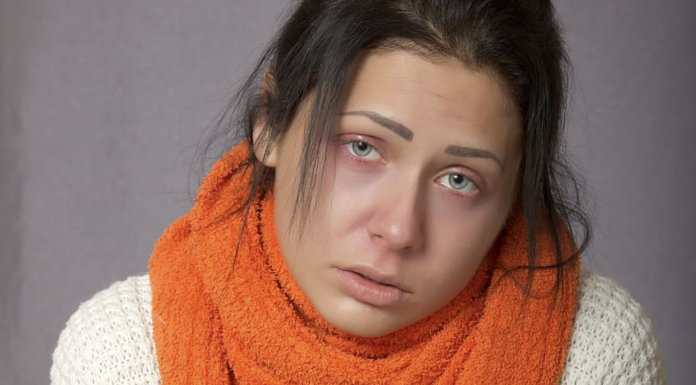 Mar 23, 2020
Mar 23, 2020
HealthLine – An estimated 80 percent of those with COVID-19 experience only mild to moderate symptoms.
That means you can probably recover at home.
Here’s a shopping list
Clean water
“It’s crucial to stay hydrated, so plenty of fluids, especially if the fever is high,” said Georgia pediatrician Dr. Roy Benaroch.
In most instances, tap or bottled water is fine. If you’re relying on bottled water, experts recommend keeping at least a 15-day supply on hand.
Pain medication
“The most useful medicine is something to decrease headaches, body aches, and fever, like acetaminophen (Tylenol),” said Benaroch.
“Many people also use ibuprofen (Advil or Motrin), but there has been some concern especially from Europe that ibuprofen is less safe, though there’s no direct evidence that this is true. Still, if you want to be extra careful, use acetaminophen instead,” he said.
Tissues
Have plenty of tissues on hand to help prevent transmitting it to other people in your family.
Cough medicine
“Many people with COVID-19 have a strong cough,” said Benaroch. “If you have asthma or any other respiratory condition, it’s essential that you continue to take your routine respiratory medicines, and follow your asthma action plan or any similar instructions from your doctor for the use of rescue medications.”
Over-the-counter cough medicines aren’t effective, said Benaroch, but can be tried. Honey — or cough drops containing honey — may also help to soothe coughs.
Prescription medicines
“Ensure that you have a four-week supply of prescription and over-the-counter medicine,” said Peters.
Zinc
Dr. Morton Tavel of the Indiana University School of Medicine recommends Cold-Eeze lozenges, an over-the-counter drug containing zinc gluconate, several times a day for upper-respiratory symptoms.
Vitamin C
“I would recommend 1 to 3 grams a day, on top of a healthy diet that’s rich in fresh vegetables and fruit.” said Asli Elif Tanugur Samanci, a food scientist and chief executive officer of Bee & You.
Herbal remedies like turmeric and ginger
“They both have incredible anti-inflammatory properties and also very high in antioxidants,” said Samanci.
A thermometer
If you suspect you have COVID-19, you’ll need a thermometer to check your temperature twice a day.
The New York Department of Health recommends that you isolate yourself at home for at least 7 days from the onset of symptoms until symptom-free and fever-free for 72 hours without the use of fever lowering medications.
If your symptoms get worse, call your healthcare provider … Read more.



